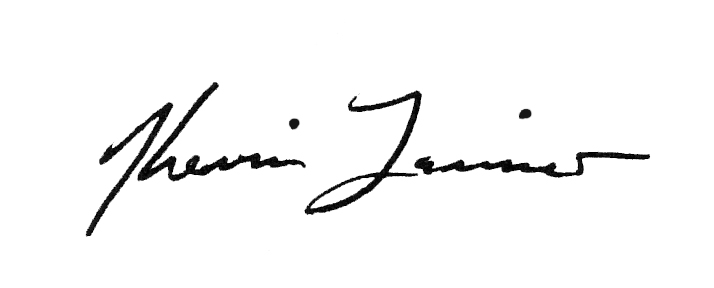The Space to Create
We asked the authors who contributed to this issue’s special section, “The Writers Retreats Where Big Books Are Born”, to list three things about their residency or retreat that helped make it such a successful experience. The responses run the gamut from specific (Tayari Jones recalls that “the hikes are gorgeous” on the prairie near the Ucross Foundation in Sheridan, Wyoming) to more general (Viet Thanh Nguyen lists “time” as a point of productivity at the Fine Arts Work Center in Provincetown, Massachusetts, and, really, no one can argue with that). But one element was mentioned by nearly half of our contributors: food. This was an unexpected detail that, on the surface, may seem like a fanciful perk for those talented and lucky few who score a spot at one of these amazing retreats—lunch delivered to the door of my cabin in the woods? yes, please—and maybe it is. But seen another way, it’s a reminder of the butterfly effect that a small change in a writer’s schedule (or surroundings, or responsibilities; just one less thing to worry about) can have on that person’s creativity, productivity, and even worldview.
Of course some retreats lead to more than just writing. Consider Reginald Dwayne Betts’s personal story of how Cave Canem’s retreat, and his meeting Lucille Clifton, not only unlocked the potential in his poetry, but also shifted his perspective on something of even greater consequence: “I swore that her work had been a rope pulling me toward this thing called freedom and poetry for a long time,” he writes. “Cave Canem opened up the space to think about who I was.” Danez Smith echoes this sentiment while describing his time at the Millay Colony: “I got to the bottom of myself there.”
Elsewhere in the issue, Amos Koffa, whose story of competing in Poetry Out Loud is chronicled in “The Poem Chooses You”, describes a similar feeling while recalling the experience of writing a poem for an anthology—at age fourteen. “I wrote a poem about being sad,” Koffa says. “The title was ‘Sorrow.’ It got put in the book, and I was really happy. I felt like I did something, like my voice mattered.” Which sounds a lot like what Renée Watson offers writers through the I, Too Arts Collective, a nonprofit providing arts programming at Langston Hughes’s house in Harlem to underrepresented and marginalized voices. “People need spaces where they can seek justice and stand up for what they believe in,” she says, “spaces where they can be their full selves.”







